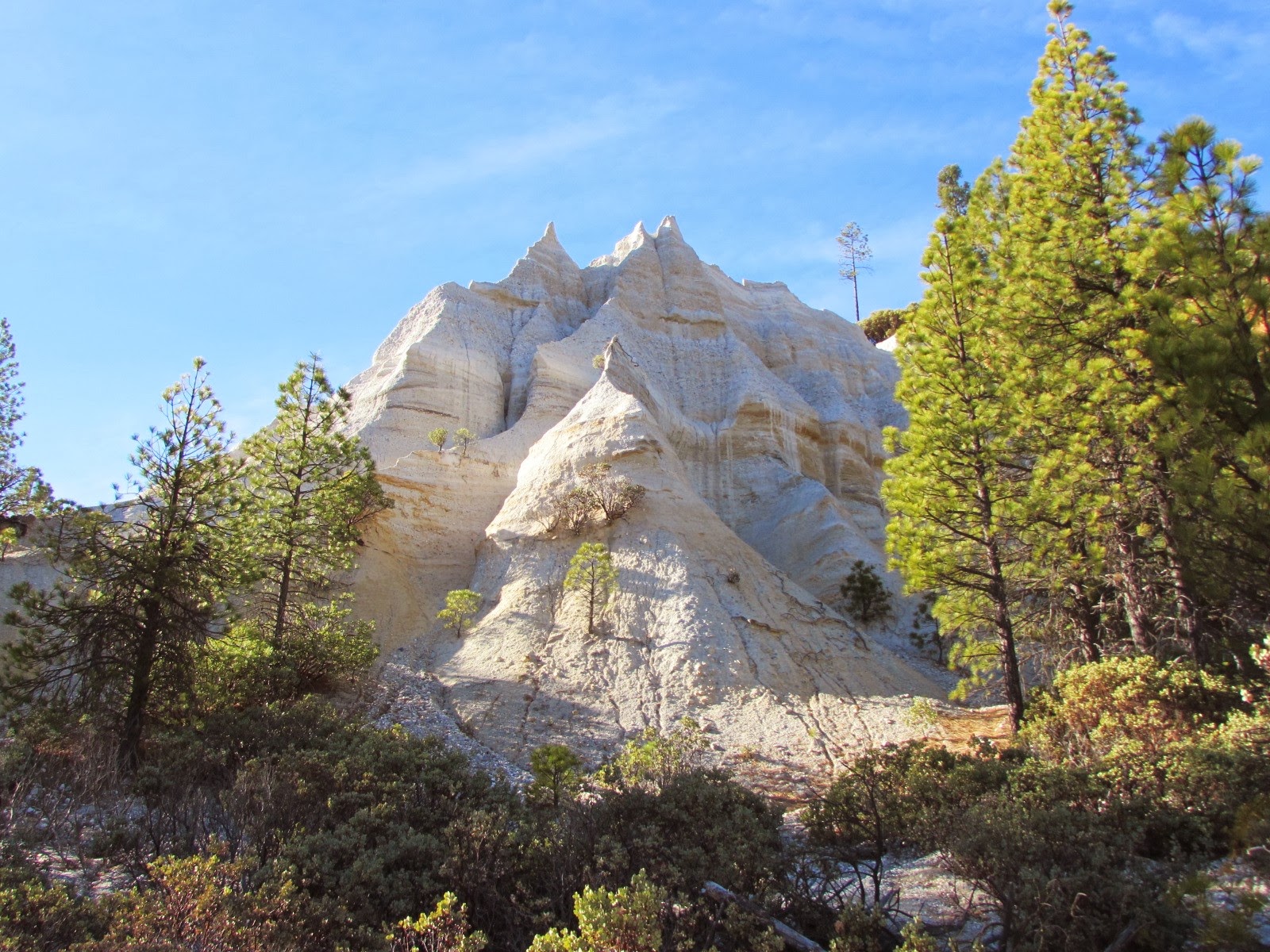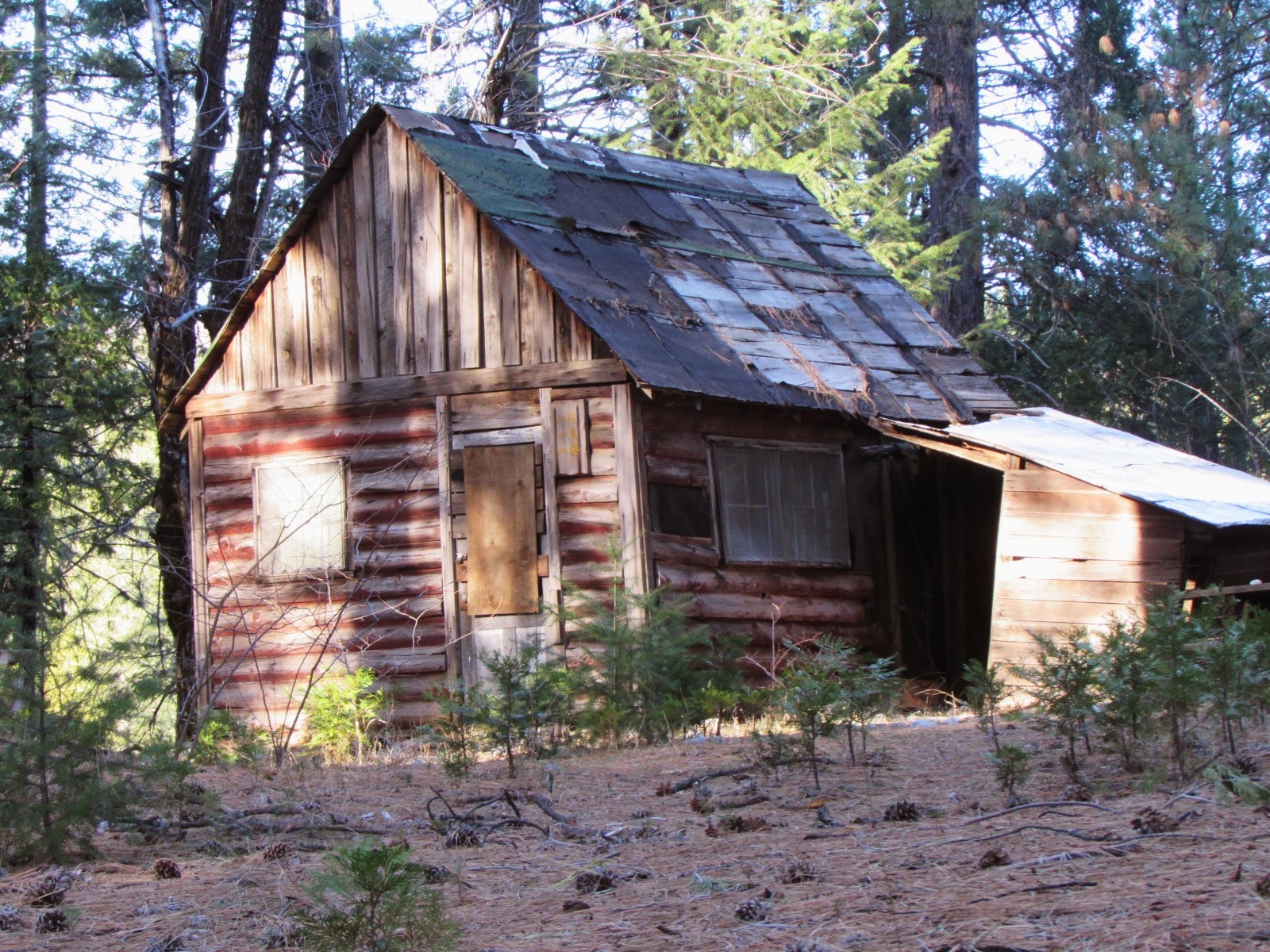In 2007 Dan and I retired from work, hitched our 5th wheel to our truck, and hit the road. We are full time RV'ers so we take our home with us everywhere we go. We live by the credo "Home Is Where You Park It" and we have found Home in many an awesome setting! I created this blog to track our adventures as we travel around the US, Canada, and Mexico. Two of our goals include visiting all the State Capitals and as many of the Baseball Parks as possible, with everything else we can fit in between!
Sunday, February 23, 2014
Goodbye again, Sacramento
Our stay in Sacramento Yuma ,
Arizona for a month, and then we start some
serious trekking east, eventually ending up in New England for a summer visit. Our original plans only
had us in Sacramento for about 5 weeks, arriving
in Yuma
Sunday, February 16, 2014
Malakoff Diggins State Historic Park
Still able to take advantage of the
unseasonably warm January weather this year, Dan and I, along with our hiking
friends, took a drive to the Malakoff Diggins State Historic Park, located 26
miles north-east of Nevada City, California, along Highway 49. In most Januaries,
it wouldn't be unusual for this area to be blanketed in snow, but on the day we
were there, it was warm enough to peel down to one layer during our hike. Malakoff
Diggins preserves the largest hydraulic mining site in California North Bloomfield
Subscribe to:
Comments (Atom)














































